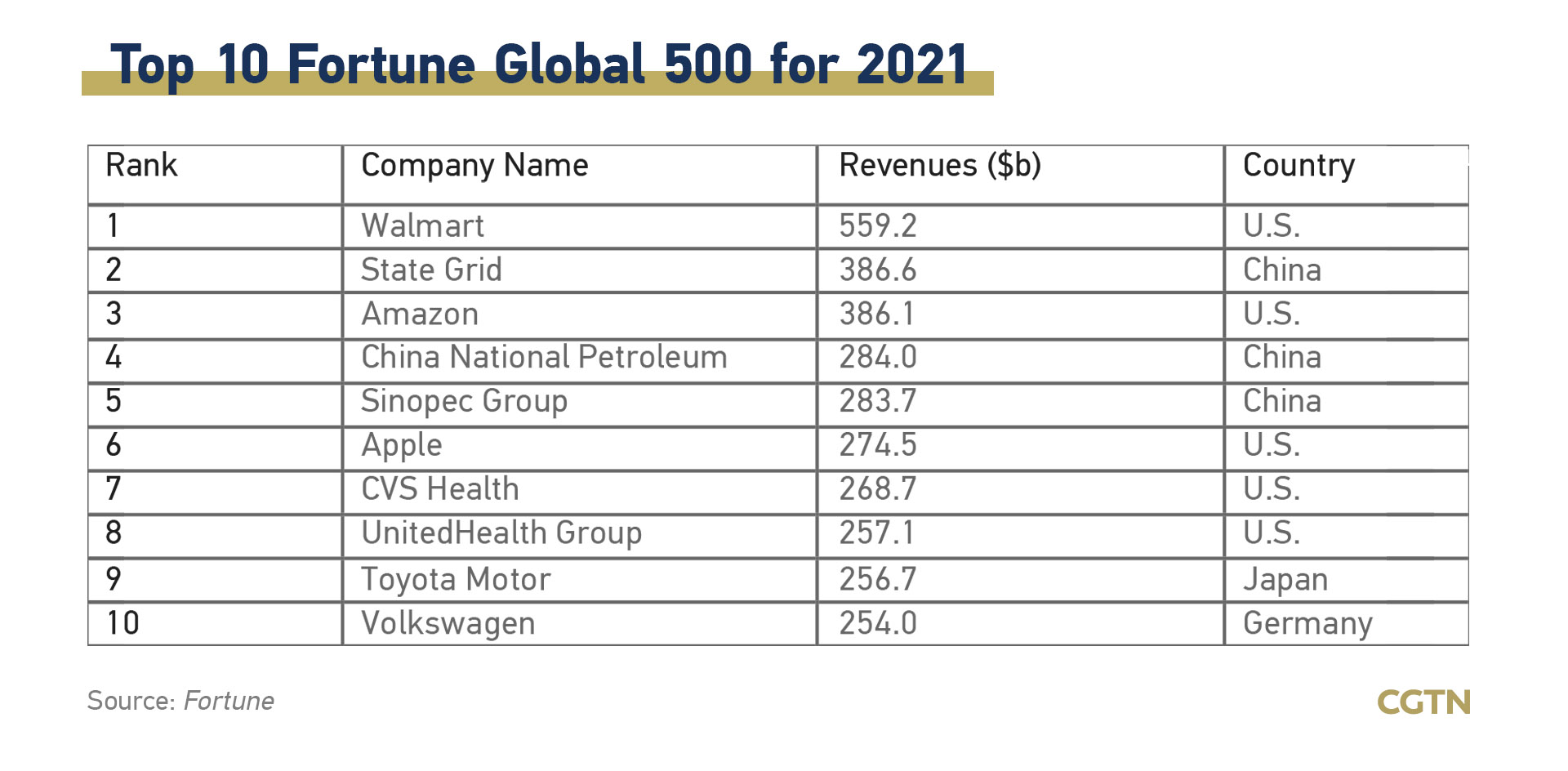Fuck yeah...
WASHINGTON, Aug 2 (Reuters) - China's government quietly issued new procurement guidelines in May that require up to 100% local content on hundreds of items including X-ray machines and magnetic resonance imaging equipment, erecting fresh barriers for foreign suppliers, three U.S.-based sources told Reuters.
Document 551 was issued on May 14 by the Chinese Ministry of Finance and the Ministry of Industry and Information Technology (MIIT), with the title, "Auditing guidelines for government procurement of imported products," said one former U.S. government official, who obtained a copy of the previously unreported 70-page catalog and read portions to Reuters, but requested anonymity.
The former official said that when China joined the World Trade Organization, it agreed not to issue such internal documents. The document also violated the spirit of the January 2020 Phase One trade deal with the United States, the former official said. "They need to reduce barriers, not create new ones."
Sent to Chinese hospitals, companies and other state-owned buyers, the document sets local content requirements of 25% to 100% for 315 items. They include medical equipment, ground-based radar equipment, testing machinery, optical instruments; items used for animal husbandry; seismic instruments, and marine, geological and geophysical equipment, the former official said.
The document has not been publicly released by Beijing.
China's Ministry of Finance and Ministry of Industry and Information Technology did not respond to queries about it.
Some U.S. lawmakers and industry officials are increasingly concerned about Beijing's transparency on trade issues.
The new guidelines affect a wide range of goods, including medical devices, which Beijing agreed to buy more of under the terms of the Phase 1 trade deal. For example, magnetic resonance imaging equipment - a key export for U.S. companies in the past - would face a 100% local content requirements under the new guidelines, the former official said.
U.S. trade experts said China's local content rules differed from planned increases in U.S. "Buy American" thresholds because they were not publicly released, and affect far greater volumes of medical equipment and other goods since China's state-owned enterprises include hospitals and other entities.
BILLIONS IN SALES AT STAKE
China imported some $124 billion in goods from the United States in 2020, much of which was purchased by vast state-owned and government-associated companies that control the education, health, transportation, agriculture and energy sectors.
U.S. medical device exports, made by companies including Johnson & Johnson, GE and Abbott totaled $47.5 billion in 2018, with exports to China valued at $4.5 billion, according to Fitch Solutions data. Chinese imports of such goods fell during the U.S.-China trade war in 2018 and 2019, but rose again after the Phase 1 trade accord was inked.
Doug Barry, spokesman for the U.S. China Business Council, said his group has heard about the document, but has not seen a copy. The group's members who operate in China are reporting new problems in competing for and winning bids there, including areas such as testing equipment and transportation, he said.
The council is urging President Joe Biden's administration to complete its review of U.S.-China trade policies and raise its concerns when Biden and Chinese President Xi Jinping meet in October.
Biden's predecessor Donald Trump, as part of his sometimes contentious China trade policy, was a strong advocate of "Buy American" and "America first."
Biden signed a "Buy American" executive order during his first week in office in January aimed at harnessing the vast buying power of the federal government to boost American manufacturing, and last week unveiled new rules about U.S. content levels in goods procured by the government.
The U.S. Trade Representative's office, which is reviewing U.S.-China trade policies, declined to comment on the Chinese document or whether it violates the U.S.-China trade deal.
USTR spokesman Adam Hodge also declined to give any timetable for when USTR will conclude its review.
One congressional staffer, who was briefed on the document by people who have seen it, said it raised many questions, including whether foreign-owned entities producing goods in China for the Chinese market would meet the new local content criteria.
The non-public nature of the guidelines also meant the Chinese government could play down their importance, the staffer said. "It isn’t posted; it’s not public. It’s being circulated through companies and associations and other groups,” the staffer said. “By not releasing it publicly, the PRC could deny it and say it’s just guidance."
New import restrictions could also make it difficult for China to make up lost ground in meeting its commitment to buy an additional $200 billion in U.S. goods and services under the U.S.-China trade deal, compared to 2017 levels.
With three-fourths of the deal now complete, China is on pace to buy just over 60% of the goods needed to reach its target, according to Chad Bown, a fellow at the Peterson Institute for International Economics.

